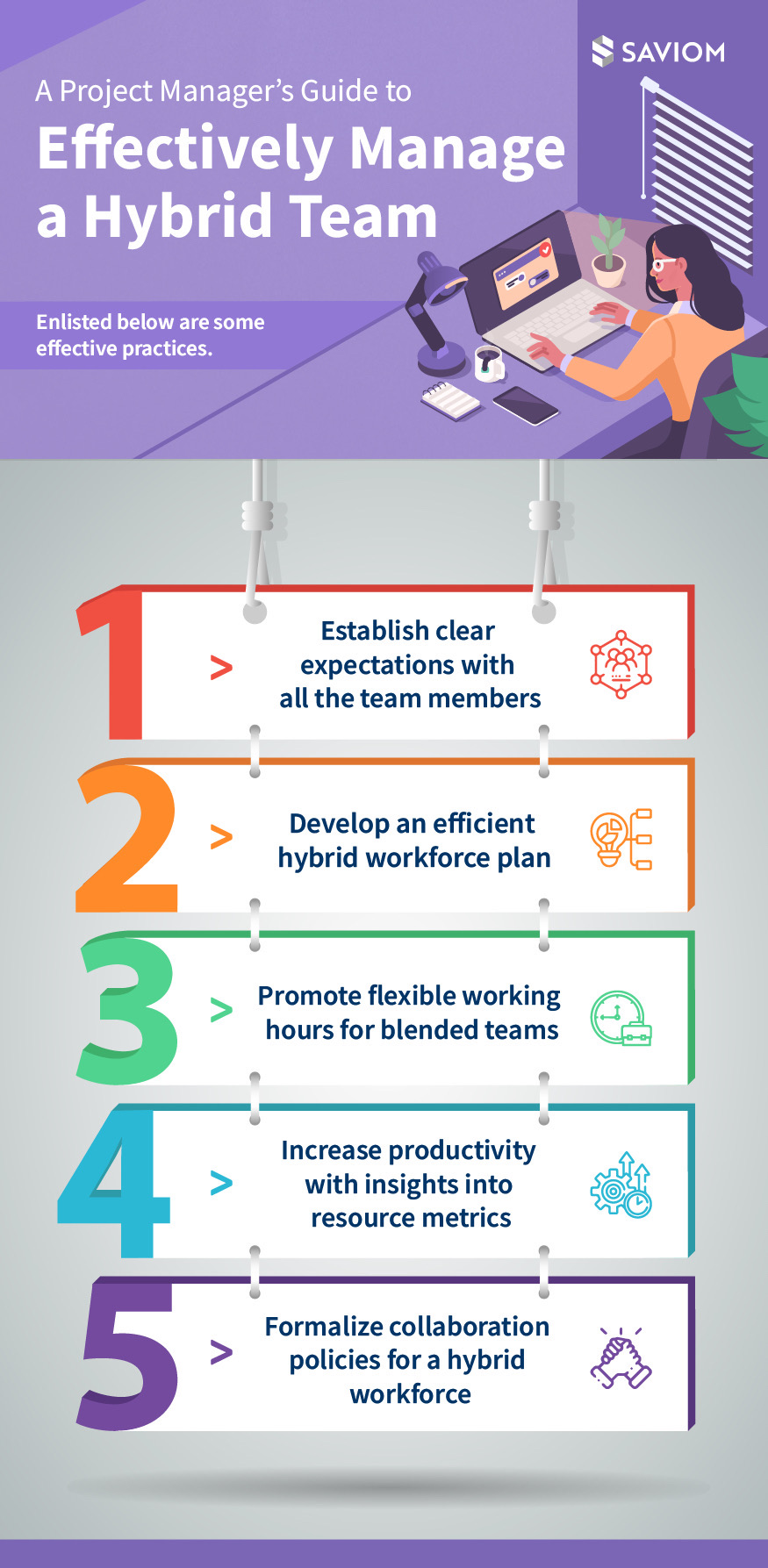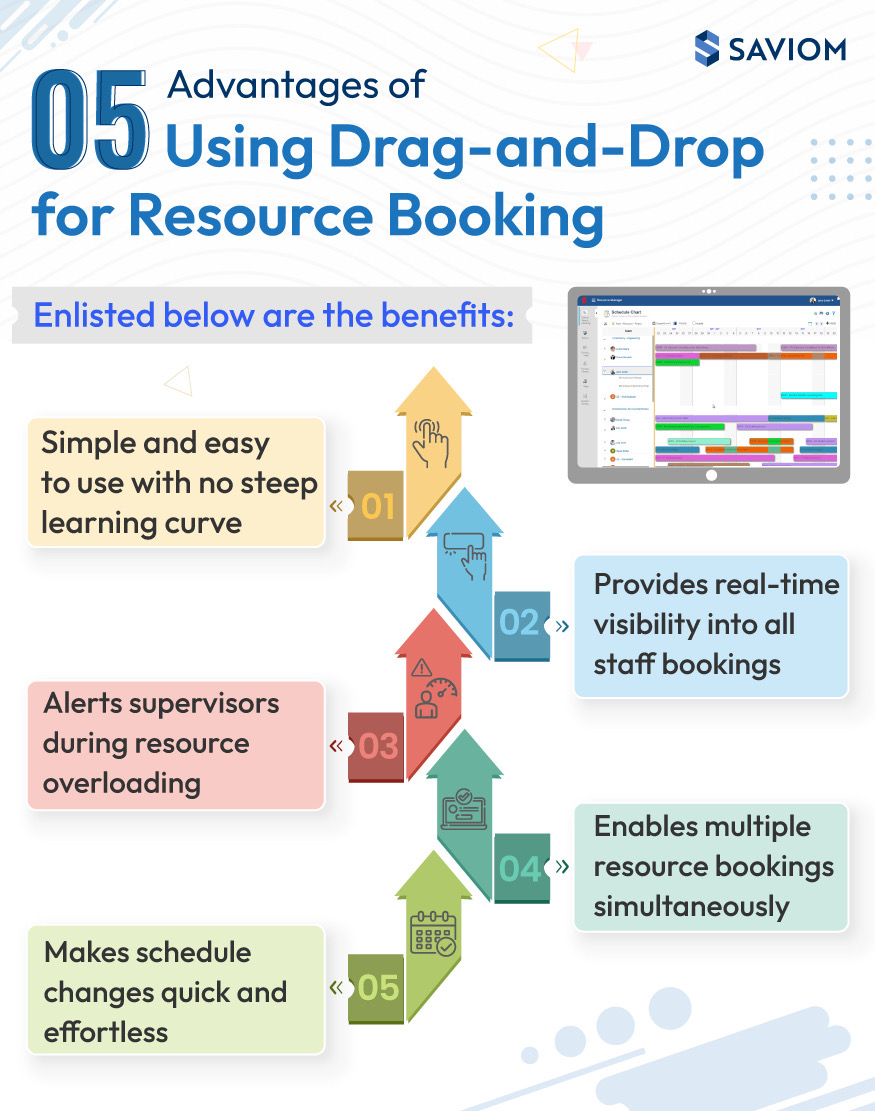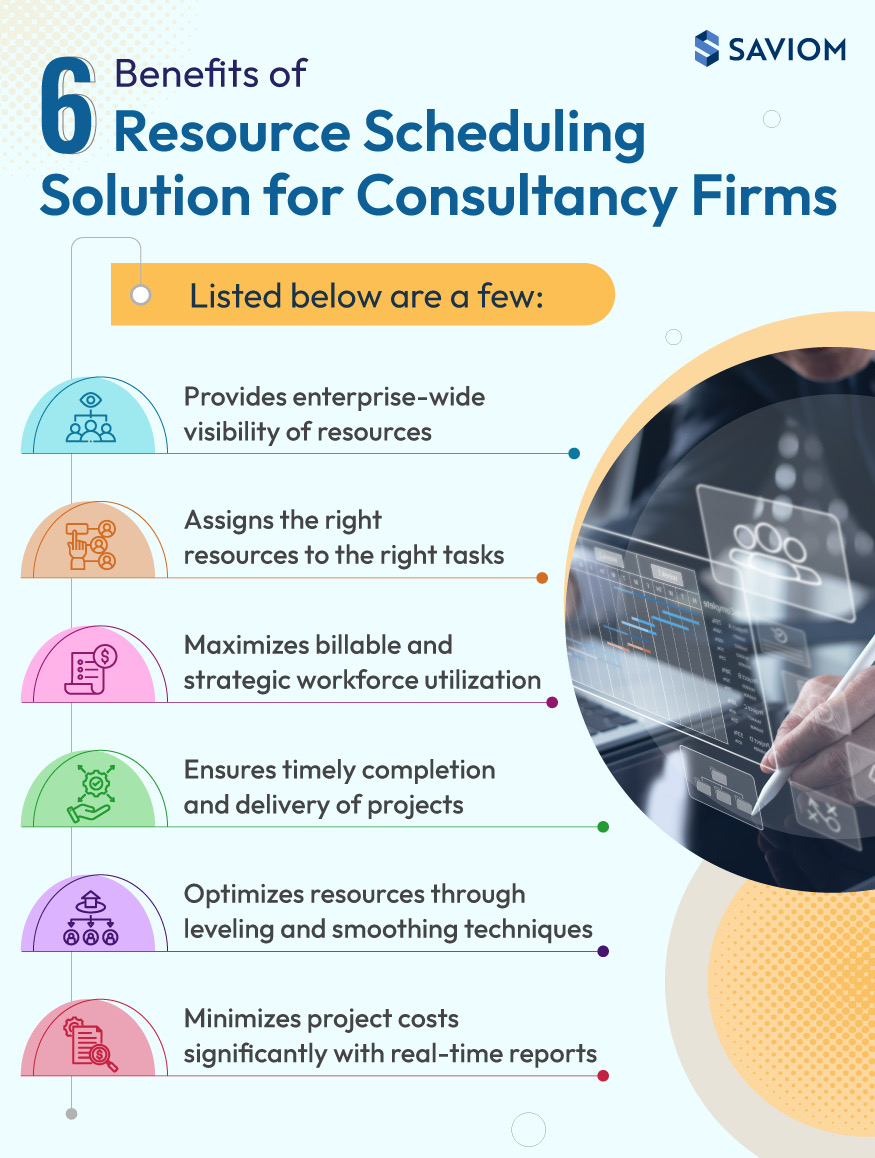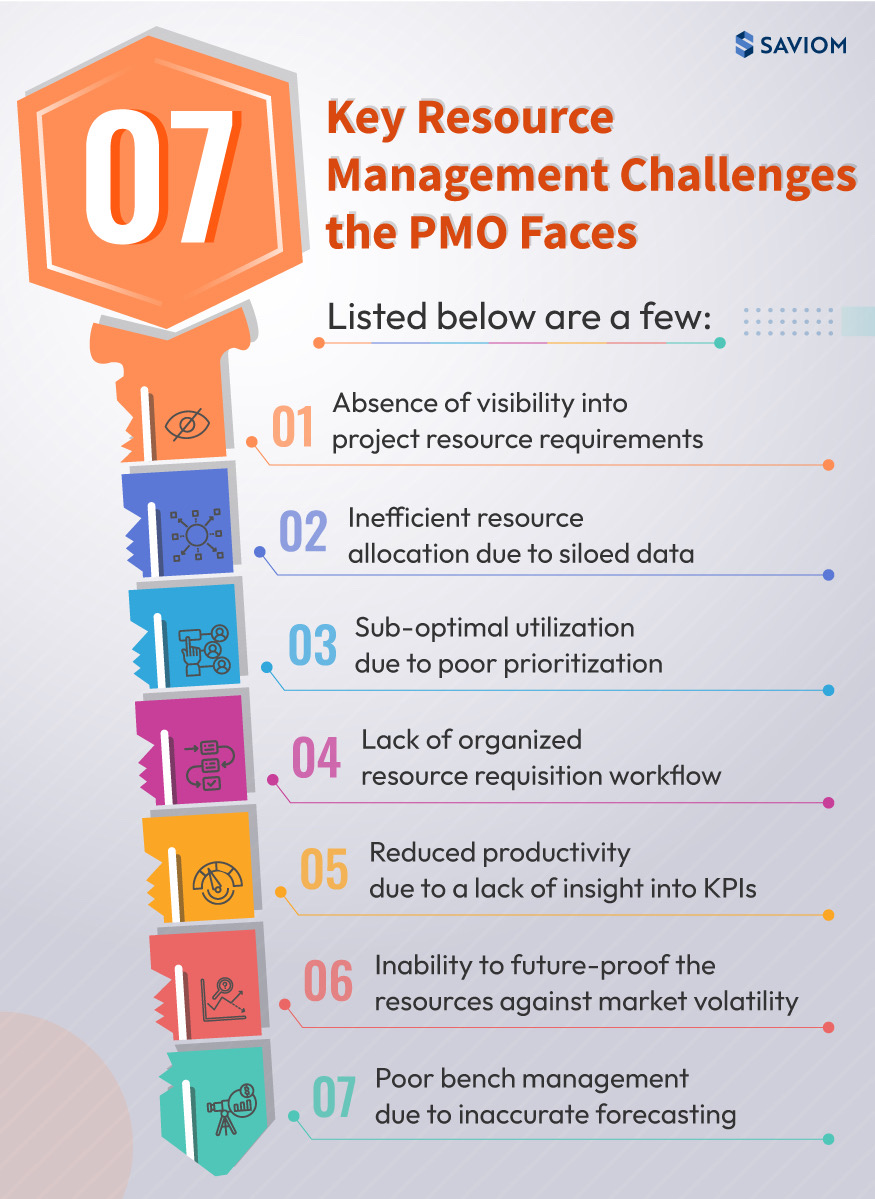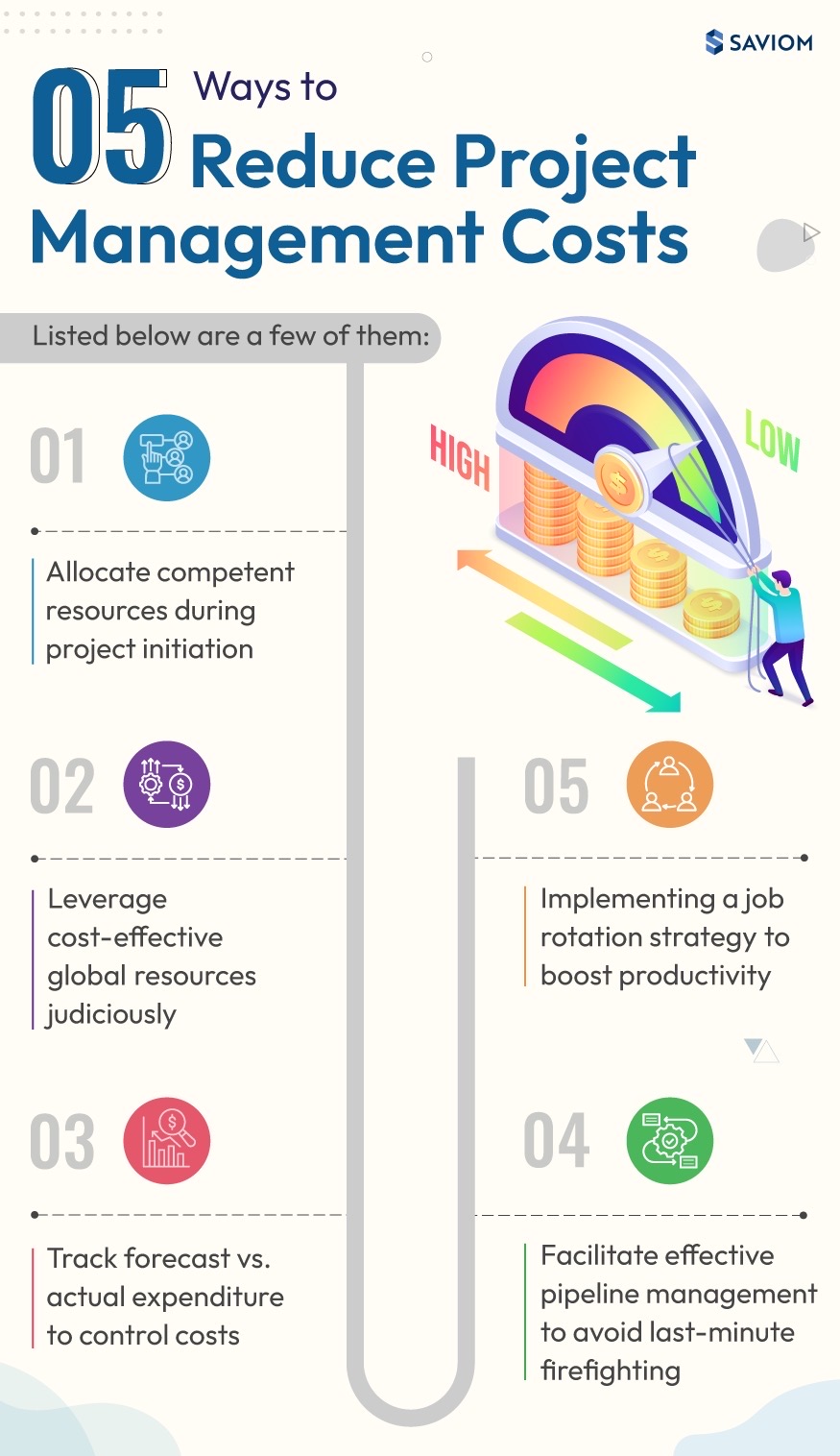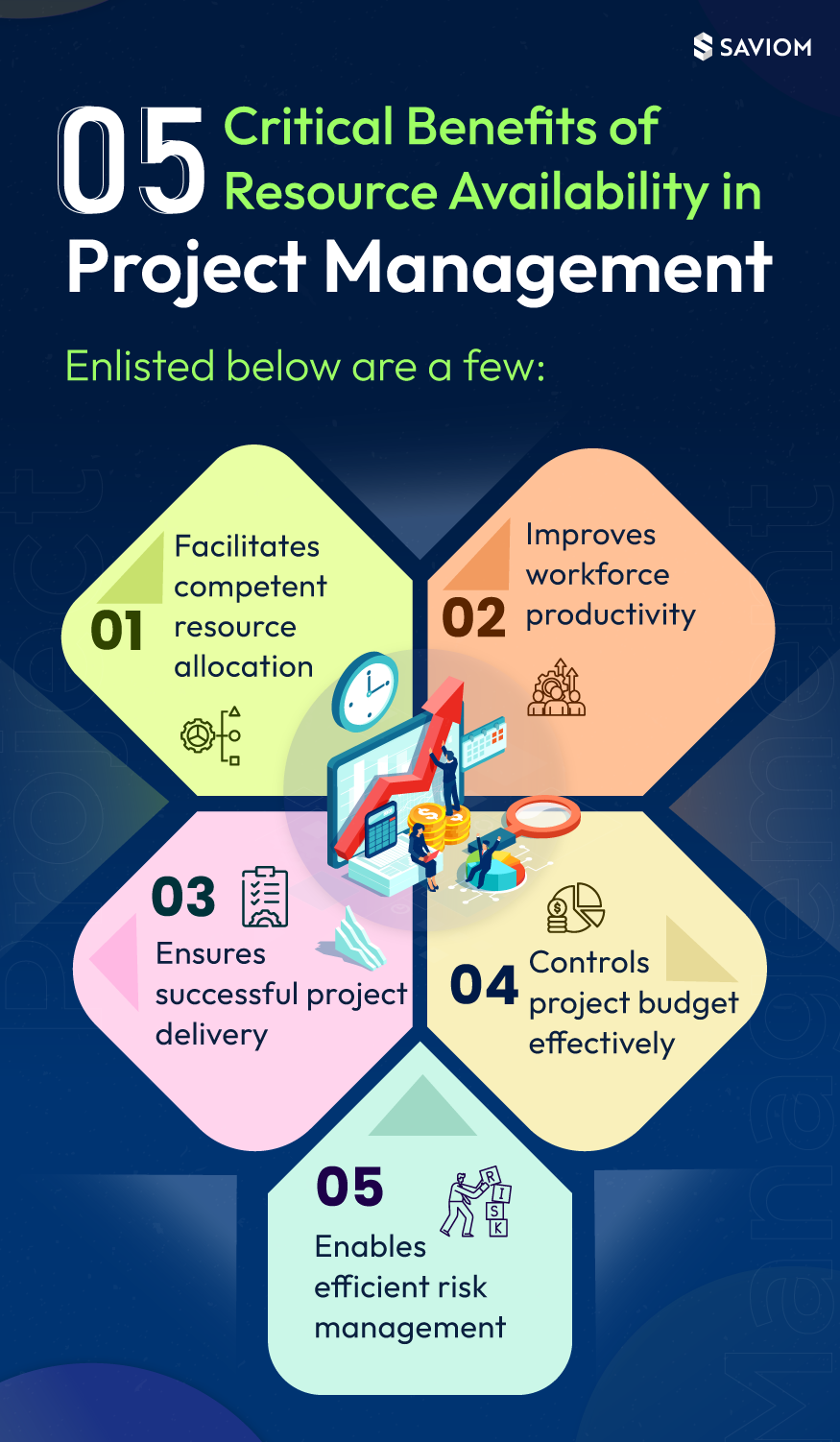The hybrid work model has grown exponentially popular of late due to its benefits like flexibility, location independence, reduced resourcing cost, etc. While it helps employees have a better work-life balance, it enables organizations to leverage cost-effective global talent without compromising the quality.
However, hybrid work poses common challenges like time zone differences, cultural gaps, and role ambiguities. Therefore, managers must combat these challenges effectively to boost employee retention and satisfaction and maintain a competitive edge.
